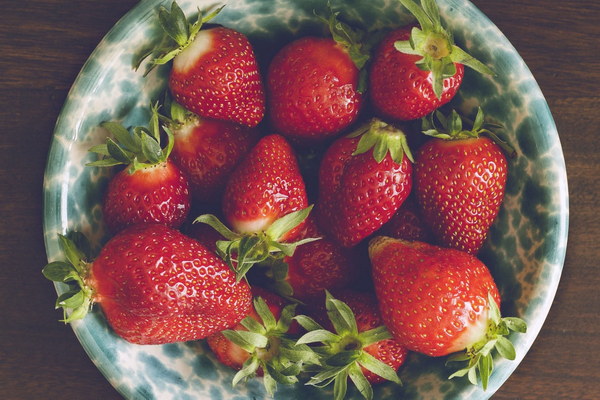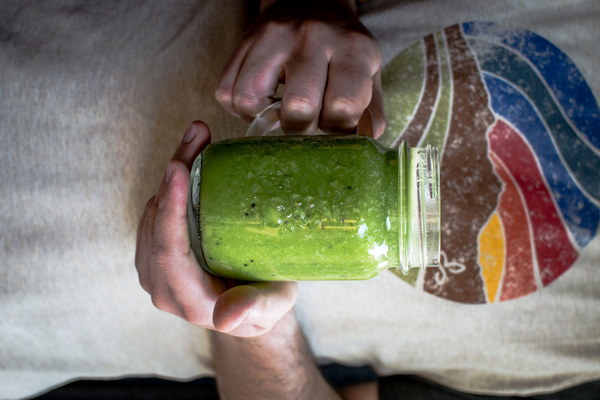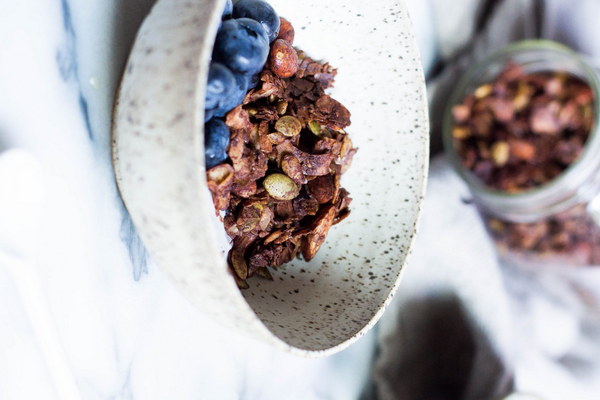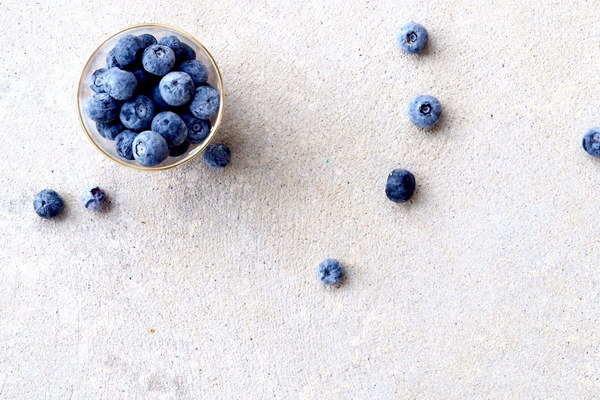Nourish Your Body What to Eat for Optimal Health
In the fast-paced world we live in, taking care of our bodies is more crucial than ever. A balanced diet is the cornerstone of good health, and making informed choices about what we eat can significantly impact our well-being. So, what should you include in your diet to ensure you're nourishing your body for optimal health? Here are some essential foods and nutrients to consider.
1. Fresh Fruits and Vegetables

The vibrant colors of fruits and vegetables are not just visually appealing but also packed with essential vitamins, minerals, and antioxidants. Aim for a variety of colors to get a wide range of nutrients. Berries like blueberries and strawberries are high in antioxidants, while leafy greens such as spinach and kale are rich in vitamins A, C, and K.
2. Whole Grains
Whole grains like brown rice, quinoa, oats, and whole wheat provide sustained energy and are a great source of fiber. They can help maintain a healthy weight, reduce the risk of heart disease, and support digestive health.
3. Lean Proteins
Protein is essential for muscle repair and growth, as well as for maintaining healthy bones and skin. Lean proteins such as chicken breast, turkey, fish, tofu, and legumes are great choices. These sources are lower in saturated fats compared to red meats.
4. Healthy Fats
Healthy fats are an important part of a balanced diet. Avocados, nuts, seeds, and olive oil are excellent sources of monounsaturated and polyunsaturated fats, which are beneficial for heart health. These fats can also help absorb fat-soluble vitamins.
5. Dairy or Dairy Alternatives
Dairy products such as milk, cheese, and yogurt are rich in calcium and vitamin D, which are crucial for bone health. For those who are lactose intolerant or prefer plant-based options, dairy alternatives like almond milk, soy milk, and oat milk can be great substitutes.
6. Eggs
Eggs are a versatile and nutritious food. They are an excellent source of protein, vitamin D, and B vitamins. The yolk also contains choline, which is important for brain health.
7. Legumes and Pulses
Legumes such as lentils, chickpeas, and beans are not only high in protein but also an excellent source of fiber and other nutrients. They can help lower cholesterol levels and reduce the risk of heart disease.
8. Herbs and Spices
Herbs and spices can add flavor to your meals without the need for excess salt or sugar. They also provide a variety of health benefits. Turmeric, for instance, has anti-inflammatory properties, while ginger can aid digestion.
9. Water
Proper hydration is essential for overall health. Water helps maintain blood volume, aids digestion, and keeps your skin looking healthy. Aim to drink at least 8 glasses of water a day, and more if you're active or in a hot climate.
10. Prebiotics and Probiotics
Prebiotics are fibers that feed the good bacteria in your gut, while probiotics are live bacteria that can be beneficial to your digestive system. Foods rich in prebiotics include bananas, asparagus, and onions, while probiotics can be found in yogurt, kefir, and fermented foods like sauerkraut.
Remember, while these foods and nutrients are important for overall health, balance is key. Moderation and variety are crucial in ensuring that you're getting all the necessary nutrients without overindulging in any particular food group.
In conclusion, by incorporating a diverse range of foods into your diet, you can nourish your body and support its natural functions. Focus on whole, unprocessed foods, and listen to your body's needs. By doing so, you'll be well on your way to maintaining optimal health and vitality.









